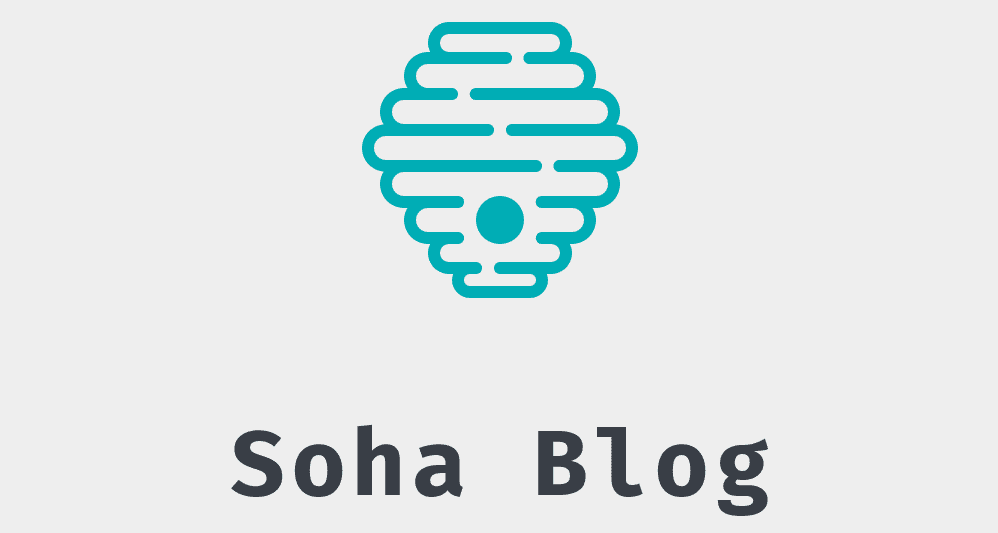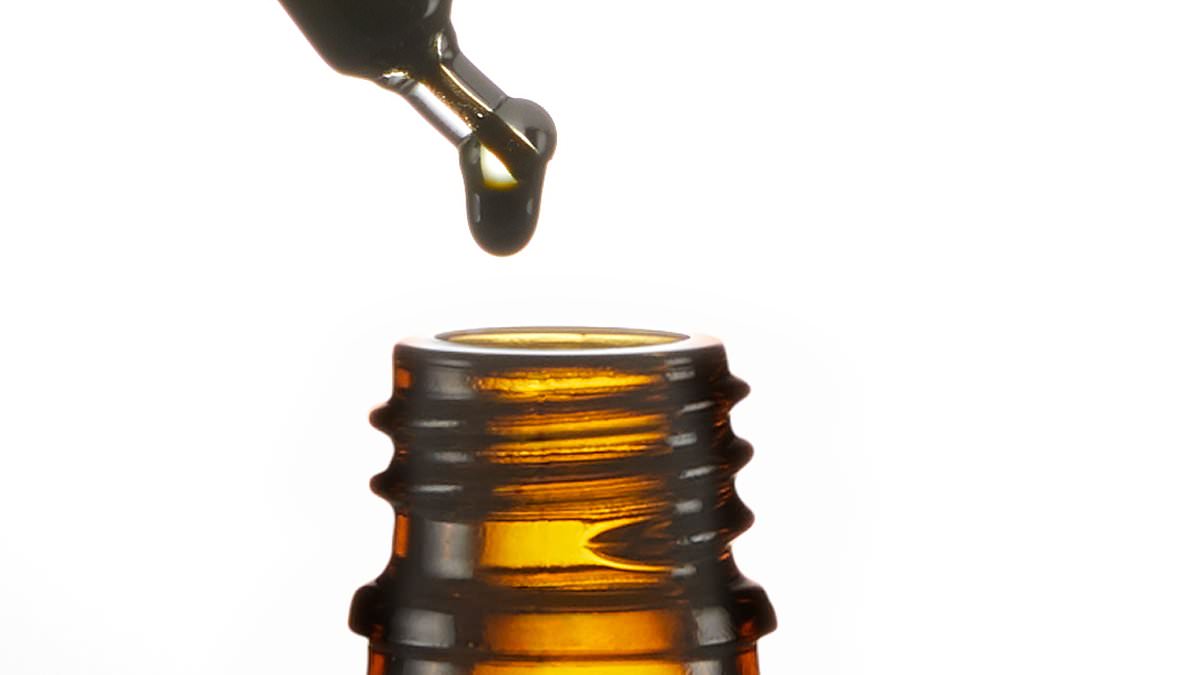From gummies to coffee, carbonated drinks, vapes, tinctures, salves and gummies, you name it, there’s now a High Street CBD product for it.
CBD, or cannabidiol, is an extract of the cannabis plant that does not contain tetrahydrocannabinol (THC), the ingredient that causes euphoria.
People who use CBD believe it can help with a range of problems, including pain relief, improved sleep, reduced anxiety, and even fighting cancer or the side effects of cancer treatments ( although High Street products do not actually make these claims).
CBD products can be expensive – for example, Holistic Herb Premium CBD oil mouth spray costs 39.99 for 30ml, while Grass & Co EASE CBD Oil will cost 72.49 for 10ml.
Consumers have clearly embraced CBD – in 2021, a report by the Cannabinoid Industry Association revealed that the UK market was worth 690 million, up from 314 million in 2019.
But if you use CBD, should you consider cutting back?
Last week, the Food Standards Agency (FSA), the regulatory body that oversees the safety of dietary supplements as well as foods, reduced the recommended safe daily dose for all products. consumption, including dietary supplements, from 70mg to just 10mg per day; equivalent to four or five drops of 5% CBD oil – the most common way to use CBD.
The regulator said this was due to concerns about possible long-term effects of using CBD, such as liver damage or thyroid problems.
This is based on the conclusions of two independent scientific committees that reviewed data on a wide range of products.
Although the FSA emphasized that ‘there were no acute cases [i.e. immediate] ‘safety risks’ when consuming more than 10mg of CBD a day, its chief executive, Emily Miles, said: ‘We always advise the public to think carefully about using edible CBD products and As with all foods, we continue to review our advice against the evidence we gather from industry.
‘We understand that our change of advice will have an impact on products currently on the market containing more than 10mg of CBD per serving.’
The new guidance does not affect medicinal cannabis, which is prescribed by doctors for conditions such as epilepsy.
As Dr Mikael Sodergren, head of the Medical Cannabis Research Group at Imperial College London, explains: ‘People who use prescription cannabis-based medicines often take daily doses far in excess of 10mg per day, but in those cases – for the treatment of epilepsy or palliative care or for example cancer pain – the potential benefit is considered high enough when the treatment has medical supervision for administration any side effects that may arise.’
Dr Sodergren, co-founder of Sapphire Medical Clinic, a specialist medical cannabis clinic, adds: ‘The important point is if you are considering treating a medically diagnosed condition with cannabis-based medicines or any medicine for that matter, you should consult your doctor or specialist clinic.’
According to the FSA, there are many products that contain more than 10mg of CBD per serving, and ultimately it will be up to the consumer to manage their dosage.
“While I think the FSA is proving to be safe, I think people can be wary of this news,” Sultan Dajani, a pharmacist based in Southampton, told Good Health.
‘The problem is that many products contain varying amounts of CBD so it is difficult to manage intake.
“And even if you stick to the recommended dosage for one product, maybe with an oral spray, when you combine it with CBD drops, lip balms, and coffee, you can easily exceed over the 10mg limit”.
‘I have a lot of patients who use CBD oil for insomnia, anxiety and pain relief and they can buy it without a prescription. Since I started stocking it four years ago, demand has tripled.”
In its new advice, the FSA also suggests there may be greater risks when taking CBD as a supplement over time, even at lower doses.
Professor Robin May, the FSA’s chief scientific adviser, said: “The more CBD you consume over your lifetime, the more likely you are to develop long-term side effects, such as liver damage or liver problems. Thyroid problems”.
As Sultan Dajani explains: ‘CBD is a biologically active compound and therefore it can also cause unintended consequences.
‘There’s a lot we still don’t know about how it affects the body and whether it could lead to unknown effects. It’s not something you should take when you have a long-term chronic illness.’
So how serious is the risk of damage?
Harry Sumnall, professor of substance use at Liverpool John Moores University, said: “The FSA has taken a precautionary approach in its advice.”
‘In the absence of long-term human safety data on CBD, they reviewed animal studies and recommended a maximum daily dose of 10mg, which is 100 times less than the harmful dose after Long-term use of CBD in animal studies.
‘This 100-fold safety factor is often applied when recommending the maximum product dose that can be used repeatedly over a long period of time.’
The question is whether the benefits outweigh the risks.
This means looking at the evidence for the benefits of CBD dosage in High Street products.
When applied to the skin, inhaled as a vapor or ingested, CBD interacts with cannabinoid receptors on nerves in the brain and nervous system throughout the body, sending signals that help regulate movement, mood as well as pain and inflammation. These receptors are concentrated in certain brain areas but are also widespread throughout the body, which may explain why CBD can have widespread effects.
But the effects of CBD products on these receptors remain unclear – especially because the doses used in the gold standard clinical study have been significantly greater than those available on the High Street .
According to a research review, published in January in the journal Clinical and Translational Science, ‘recommended daily oral doses for such products tend to be less than 100 mg of CBD per day and are usually in the range of 1025 mg per day – lower level than the dose that has been shown to be effective in clinical trials [i.e. 6003000mg]’.
At these larger test doses, only a few human studies – involving a small number of people – have reported positive (but sometimes mixed) results for CBD in treating anxiety. , pain and insomnia.
For example, a 2019 study in the Brazilian Journal of Psychiatry involved just 57 men who were treated with varying doses of oral CBD before taking a simulated public speaking test — a known to cause anxiety. This showed that those taking the lowest dose (150 mg) and highest dose (600 mg) had no reduction in anxiety, but there was an intriguing level at 300 mg that significantly reduced anxiety during speaking.
When it comes to pain relief, an earlier study, published in the journal Neurology in 2005, found that cannabis containing CBD and THC helped patients with multiple sclerosis, but it was not clear whether this is due to the low dose of CBD – 2.5 mg per spray – or THC.
In another study, reported in 2020 in the journal Current Pharmaceutical Biotechnology, researchers in China gave patients with nerve pain in their limbs a placebo or 250mg of topical CBD. to the skin. The group taking CBD had significantly less pain compared to the group taking a placebo.
“While many people report benefits from low-dose CBD products to help them sleep, findings from human studies are inconclusive,” says Dr. Sodergren.
The biggest difference between the CBD used in clinical trials and in High Street products is dosage. “Research has shown that some commercial products contain very little CBD – or even none at all,” Professor Sumnall said.
CBD products are not the same as standard pharmaceuticals – indeed, a previous investigation by Good Health found that some High Street products had less or in some cases more CBD than stated. on the label (for a product with double the stated dosage).
They may also contain other ingredients such as THC.
Research commissioned by the FSA in 2022 found that, from a sample of 30 products found on the High Street, THC was detected in 87%, of which 12 products were found to contain illicit cannabinoids The solution in the product includes THC above the allowed 1mg threshold.
Pesticide residues were found in all products.
In contrast, in clinical trials, CBD is purified, manufactured to high standards and used in higher doses – ‘it is also taken regularly and under medical supervision’, says Professor Sumnall speak.
He argues that much of the benefit people gain from over-the-counter products is likely due to the placebo effect – it ‘can be very powerful’, he adds.
Last week, Professor May warned: ‘As well as side effects, CBD can lead to interactions with other supplements, herbal products and prescription and over-the-counter medicines.’
This is because many drugs are broken down by enzymes in the liver, and CBD can compete with or interfere with these enzymes, leading to an excess or insufficient drug in the body.
Possible serious drug interactions with CBD include warfarin, a common blood thinner; heart rhythm medication, amiodarone; levothyroxine, a medication to treat an underactive thyroid; and certain epilepsy medications, including clobazam, lamotrigine, and valproate.
So where does all this lead consumers?
“It is clear that CBD has potential, but we are in the early stages of that research,” Professor Sumnall said.
Sultan Dajani added: ‘Today my customers asked me if they should be worried.
‘My advice is not to worry as over-the-counter doses are very low – as long as you don’t use multiple CBD products at once. I also don’t recommend them for long-term use.’
#safe #effective #CBD #treatments #buy #High #Street
Image Source : www.dailymail.co.uk

